Why tequila and hemp are coming to cars
Designers are pushing into fascinating new territory in the drive to revolutionise vehicle manufacture, experimenting with some wild new materials.

THE CAR interior of the future sounds like the remnants of a wild party.
Tequila, hemp, empty bottles and discarded clothes form the basis for the cabins of new electric vehicles as manufacturers ditch plastic in the push to go green.
Car makers are carefully considering the origin of every component in new models.
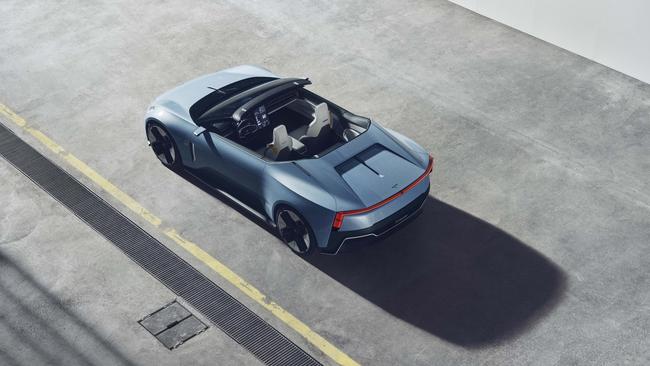
Fibre from the agave plant used to make tequila is in line to replace conventional plastic sourced from petrochemicals. Hemp is emerging as a substitute for cotton and other textiles, and grass-like flax could one day substitute for structural material such as carbon fibre.
The automotive industry is pushing to reduce its carbon footprint in myriad ways.
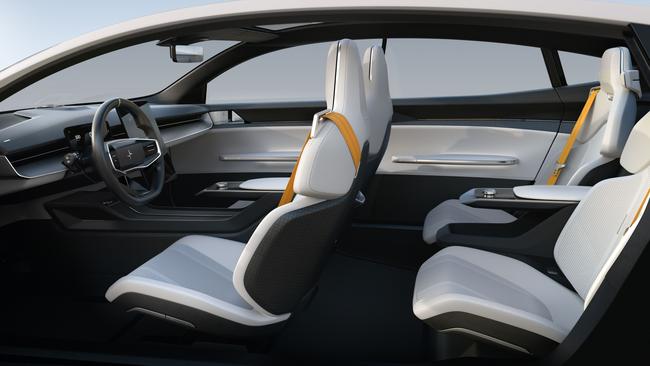
Recycled material helps this process, so manufacturers are experimenting with reclaimed fishing line and melted down plastic bottles to give waste material a second life as carpet or floor mats.
The Kia EV6 electric car uses the equivalent of 75 water bottles in recycled plastic throughout the car’s interior, reducing landfill – and reliance on new plastics – by reworking them into cabin trim.
Old T-shirts form the basis of cloth trim found in the Fisker Ocean, a premium electric car sold in the US.
Mercedes is flirting with mushroom-based leather substitutes in concept cars and Genesis is pressing together woodchip waste from the furniture industry to create decorative trim for luxury vehicles.

Fredrika Klaren, head of sustainability for dedicated EV brand Polestar, said recycled materials had a significant role to play in new cars.
“The things that you can touch and feel are very exciting because this is where we see a lot of innovation, and textiles of course is an area with very exciting innovation happening,” she said.

“Our designers are really scouring the market for great alternatives that we can use in our cars.
“We see that we can use more circular materials that will alleviate the resource consumption and environmental impact from producing textiles.”
The process is particularly important for electric vehicles, as they create more CO2 than conventional vehicles in the production process.
Ford made headlines when it linked with Jose Cuervo to produce bioplastics from agave fibre, a waste product from the tequila distilling process.
Deborah Mielewksi, a technical fellow of sustainability at Ford, said there were nearly 200 kilograms of plastic in a typical car.
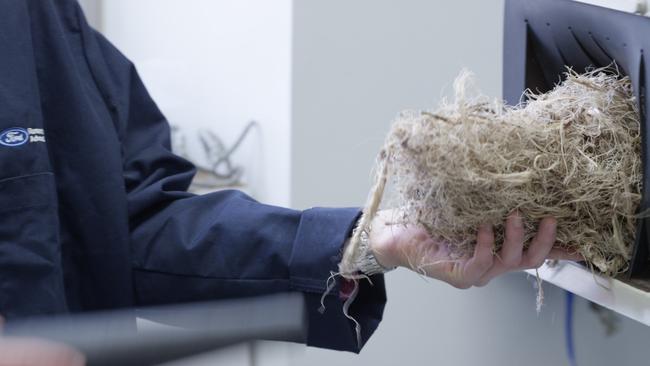
“Our job is to find the right place for a green composite like this to help our impact on the planet,” she said.
“It is work that I’m really proud of, and it could have broad impact across numerous industries.”
Porsche is 3D printing parts to order for classic cars, which could reduce energy used for storage and transport of spares in the future.
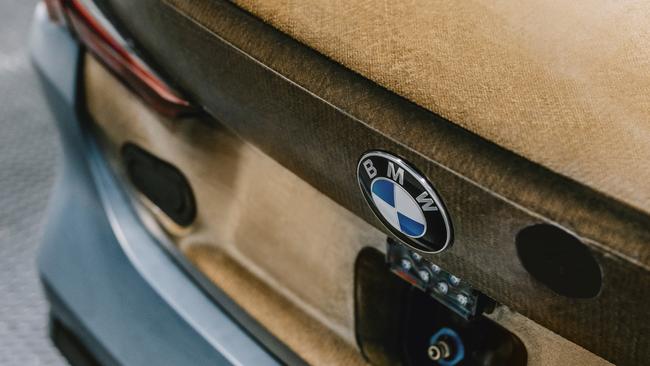
Leather is falling out of fashion for ultra-high-end customers with a social conscience. Maserati offers silk trim by suit specialists Zenga as a premium option, and Range Rover takes a similar approach with Australian-sourced wool in luxury models.
Similarly, car companies are turning away from light and strong carbon fibre material. BMW, Mercedes and Porsche have replaced carbon bodywork with flax in some race cars.
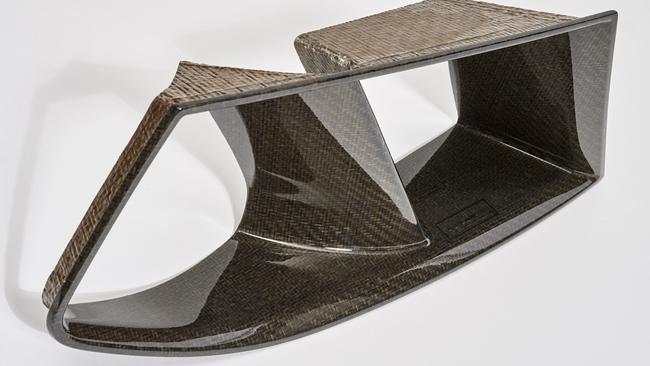
In the same way that carbon fibre migrated from the track to the showroom, flax will find its way to the road.
Professor Richard Hopkins, director of the UNSW Sunswift solar car team and former head of operations for the Red Bull F1 outfit, said the problem with carbon fibre lay in its disposal.
“You can’t recycle carbon,” Mr Hopkins said.

“There’s no recyclability about it, but with hemp there is, so you can reuse that as a product.
“The fibres come from a much more sustainable background as well, so it makes an obvious choice.”



To join the conversation, please log in. Don't have an account? Register
Join the conversation, you are commenting as Logout